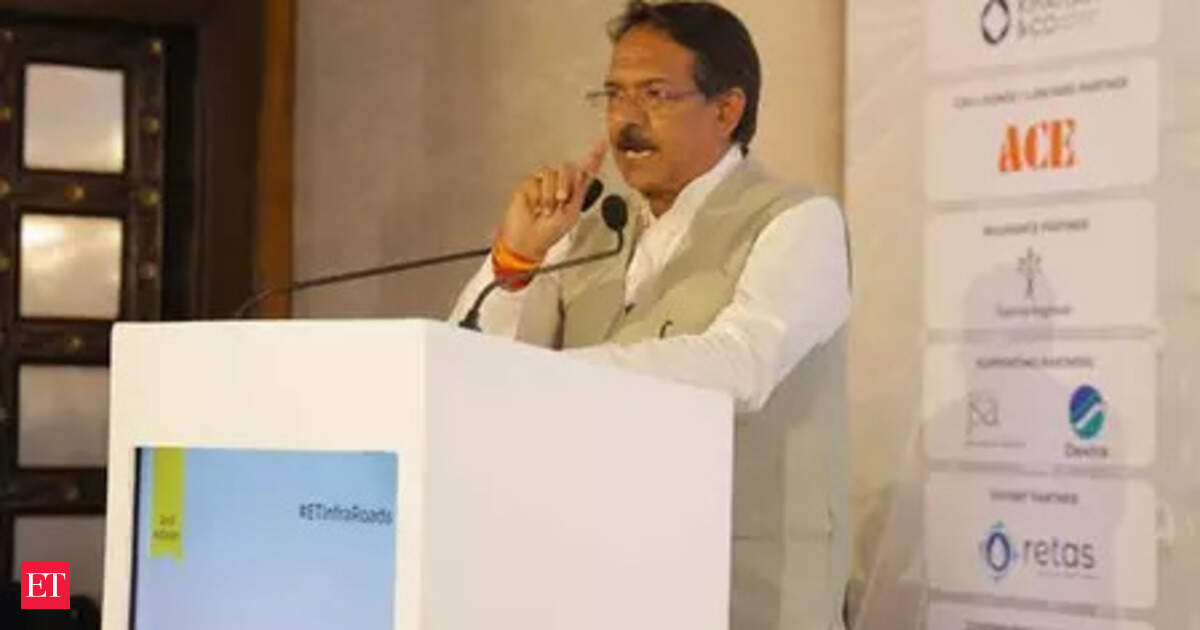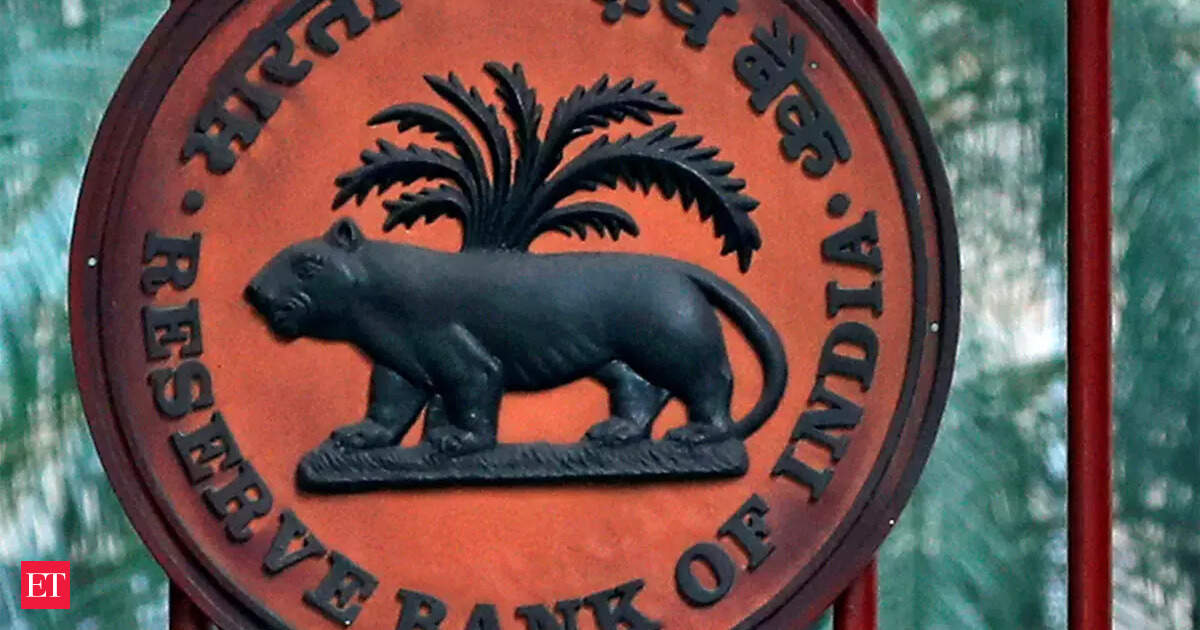In a written reply, Malhotra said: “Based on the suggestions/comments/inputs received, it is felt that an evidence-based foundation through market studies is required to consider all relevant aspects for ex-ante regulation considering it is in nascent implementational stages globally.”
In March 2024, a high-level official panel led by then corporate affairs secretary Manoj Govil had suggested a new antitrust law with an ex-ante framework to regulate only “systemically significant digital enterprises” that have a “significant presence” in India. It had submitted with the Ministry of Corporate Affairs (MCA) a draft digital competition bill, along with its report, for consideration.
Malhotra said over 100 stakeholders from various fields had submitted their responses with the MCA on the draft Bill between March and May last year.
Additionally, the ministry of electronics and information technology had organised stakeholder discussions on the draft bill in June last year and those comments are awaited, he added.
The corporate affairs ministry is unlikely to bring in the proposed digital competition legislation this fiscal, as it aims to first introduce amendments to the Insolvency and Bankruptcy Code (IBC) and the Companies Act, ET has reported. On top of that, the ministry is also tied up with plans to expand the PM Internship Scheme for youth soon.Since digital competition is a rapidly-evolving and complex area, the government reckons undue haste in regulations could be counter-productive, people aware of the development had told ET earlier.Malhotra, too, had said in March that the government was in no hurry and that it would follow all the due processes before bringing in the new law.
Ex-ante framework
Ex-ante regulations usually stipulate a set of dos and don’ts with an aim to disallow certain practices from being pursued. The Govil panel had suggested that the penalty for violations of rules and regulations be as high as 10% of the digital entity’s global turnover.
Under the existing ex-post framework, violations of the competition law are investigated after they take place.
While some experts said the ex-ante framework is modelled around EU law, government officials have said the legislation would factor in domestic sensitivities.
A number of big technology firms, including Apple, Meta, Google, Amazon and Flipkart, had opposed ex-ante regulations before the Govil panel.
The obligations for large players would be spelt out through subordinate legislation after deliberations with stakeholders, the panel had suggested.




